Understanding corruption
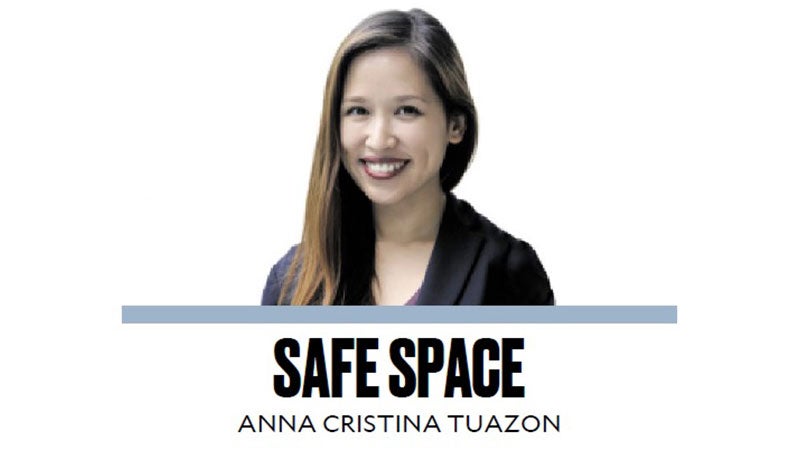
In psychotherapy class, I gave my students a radical thought experiment: Could you build empathy for someone who has done bad or hurtful things?
Empathy is a necessary component in forming a therapeutic relationship, which in turn can facilitate therapeutic change for the client. Empathy is easier said than done, however. Empathy goes beyond relating to other people. It is the capacity to put ourselves in the shoes of someone else; to imagine living a set of principles different from our own. Some people misconstrue empathy as having to side with the person. But empathy has a practical function: it helps us understand people’s motivations, which unlock ways to guide them toward therapeutic change.
For us to have any chance of helping others away from hurtful behaviors, we must first understand why people do bad things. Why do people engage in corrupt behaviors? It is easy to dismiss it as, “people do bad things because they are bad.” But if we are committed to changing the system, we must likewise be committed to understanding why people do the things they do and what forces compel them to make the choices they make.
Technically, we can refuse to understand and just punish a few players. But players are easily replaced, and the game will not change. Jail a few contractors. Force some resignations. Corruption will continue as long as the forces that encourage corruption still exist.
The desire and greed for power—the root of corruption—is a distortion of the human need for control. As humans, we try to exert as much control as possible over our environment to ensure survival. The problem with aspiring to complete control is that it does not exist. Life comes with inevitable uncertainty that not even the biggest wealth and power can avoid. Forever chasing control turns into greed—people hoard more and more of it in an attempt to keep away uncertainty. It is not enough to have secured one contract; one must secure as many contracts to ensure the family’s wealth. It is no longer enough to secure wealth for your immediate family; you start worrying about how to secure wealth for future generations. And because you engage in illegal practices, you need to keep working on plugging any loopholes that might expose your operations. You start bribing other people to keep quiet and turn a blind eye. But more people also mean more potential loopholes to watch out for. Corruption becomes an inescapable cycle.
In mental health, we study people’s intolerance of uncertainty, or how much they can tolerate uncertainty and unpredictability in their lives. By increasing our tolerance, we are more adaptable and flexible to changes that come our way. People with high intolerance to uncertainty, however, have a hard time dealing with changes or accepting unexpected outcomes. Some people cope with uncertainty by avoiding high-risk situations and sticking to the familiar. Others give up or quit when uncertainty becomes intolerable. Others still try to actively increase certainty by obtaining skills and resources that increase the likelihood of success.
Some people, however, cope with uncertainty by rigging the situation to guarantee a favorable outcome. This is how we have people and cars cutting in line to ensure that their wait times get shorter. This is how we have people who cheat on exams and plagiarize papers to ensure higher grades. This is how we have people buying votes in an election to secure a win. When uncertainty becomes too intolerable, and the prospect of not winning is unacceptable, corruption becomes a viable option. Corruption thrives and becomes systemic when life is filled with too much uncertainty; it becomes a tempting and effective tool to increase certainty and control in a chaotic environment.
How do we reduce corruption? By eliminating the need for it. Lessen the excessive uncertainty caused by unreliable and unpredictable systems in our society. If getting your driver’s license takes only five minutes, no one needs fixers. If traffic rules were sensible and consistently enforced, people would not find it tempting to break the rules. If life were simple and easy, corruption would be seen as an unnecessary complication, no longer a tool for survival.
We decrease corruption by turning it into a more uncertain and riskier path. We enforce good governance. We make processes and transactions transparent and public. Corruption thrives in the dark; we make it the norm to bring corrupt practices to light. We make it a norm to name names. We make it a norm to jail people who need to be jailed. The problem with normalizing corruption, as it has happened in our country, is that corrupt practices become the standard or safer option. Doing the right thing risks that you won’t win the bids, you won’t secure projects, you’ll lose your seat in the next election. It’s time to reverse that.
—————-
aatuazon@up.edu.ph

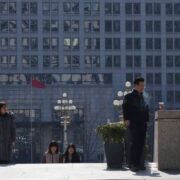

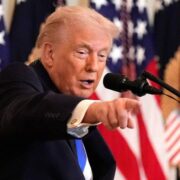






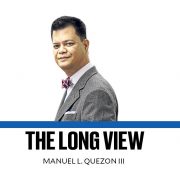


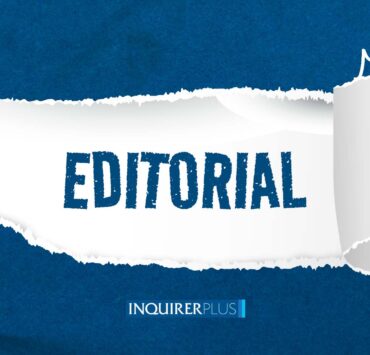
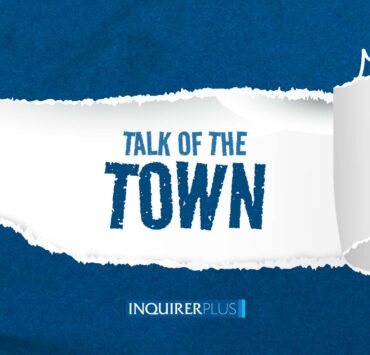
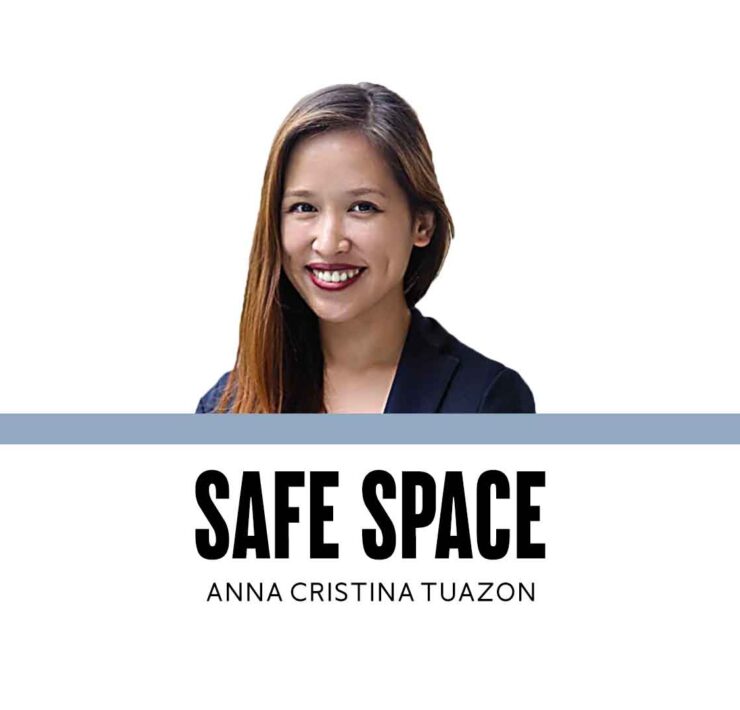


Edsa at 40: Remembering the lines we drew